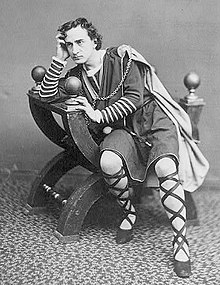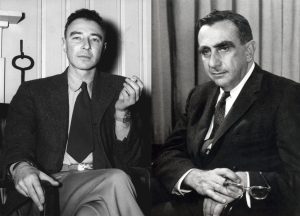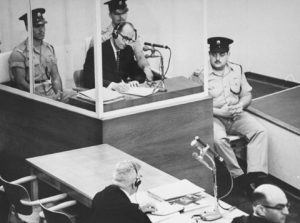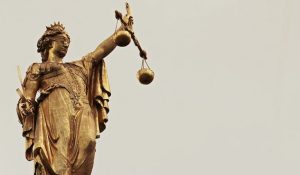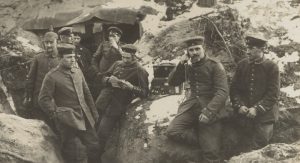A Faux Confession
Changez’s inherently biased prose facilitates the effective communication of his history while simultaneously conveying more obscure issues of race and prejudice that resonate with relevance.
“Thus Conscience Does Make Cowards of Us All:” Hamlet’s Freudian Sense of Guilt
Hamlet can be read as the prince’s struggle between Freud’s two imagined stages of the sense of guilt.
A Return to the Sea
This essay seeks to examine the sea as a symbol of an expanded consciousness through its representation during the stages of Edna’s awakening […]
American Madmen: Oppenheimer, Teller, and the Purpose of Science
When considering where to lay blame for the hypothetical end of the world, it can be hard to decide whether responsibility lies with the creators of the means of destruction or those who actively put these means to use.
Eichmann, Oppenheimer, and the Perils of Blind Obedience
In deviating from a Thrasymachean conception of justice, Oppenheimer enters a Socratic domain that puts the collective good into the foreground.
Nietzsche and Arendt’s Warnings Against Totalitarianism
Friedrich Nietzsche and Hannah Arendt have both been misinterpreted with regard to their attitude toward the Nazis, but in fact they both hold very strong and uncompromising anti-Nazi views.
What Does Justice Look Like for the “Banal” Adolf Eichmann?
How does Arendt’s theory of “banality of evil” challenge both Plato’s and our own subsequent view on evil and injustice? This central question is what makes Eichmann in Jerusalem so philosophically groundbreaking […]
Watchmen: Impediments, Failures, and Splits in Understanding
This paper will be an examination of impediments, failures, and splits in attempts to understand reality.
The Past, Present, and Future in The Road
The past can be a dangerous thing. Post-traumatic stress disorder, for instance, affects one’s future in innumerable ways, molding itself into fear and sadness, leaving one trapped at the bottom of the past’s well, the rope unreachable.
In His Time: How Ernest Hemingway Defines and Promotes Masculinity in In Our Time.
Overall, the portrayal of themes of masculinity and femininity in In Our Times is not clear-cut. Whilst seemingly a direct attack on women, Hemingway in fact prioritizes his attack on femininity, whether embodied by man or woman […]

